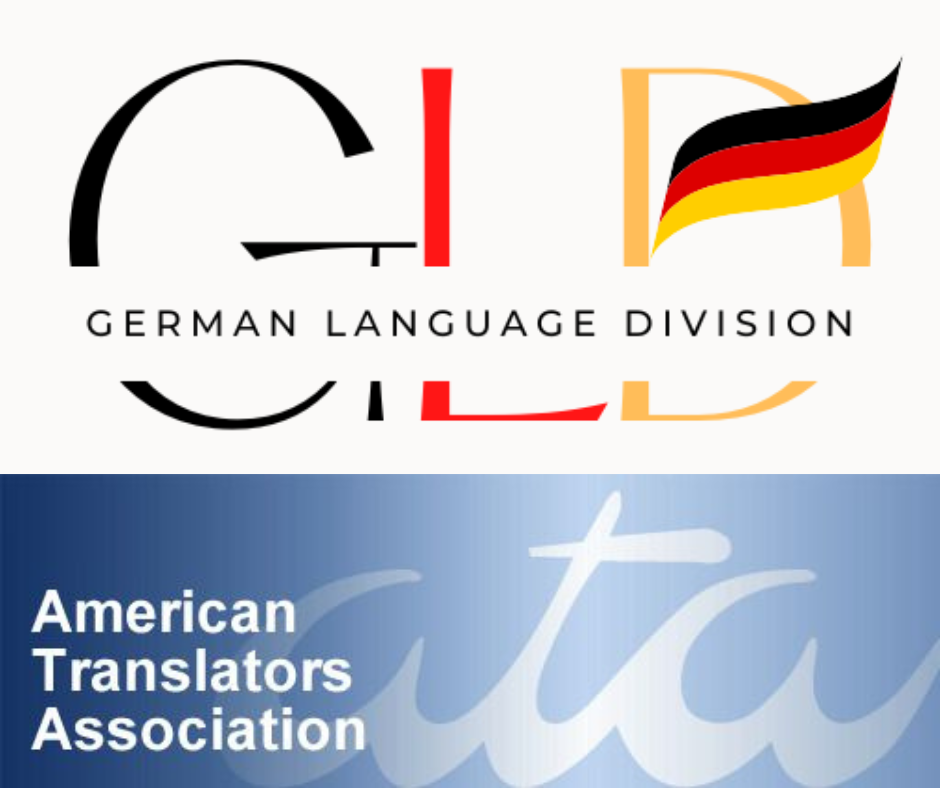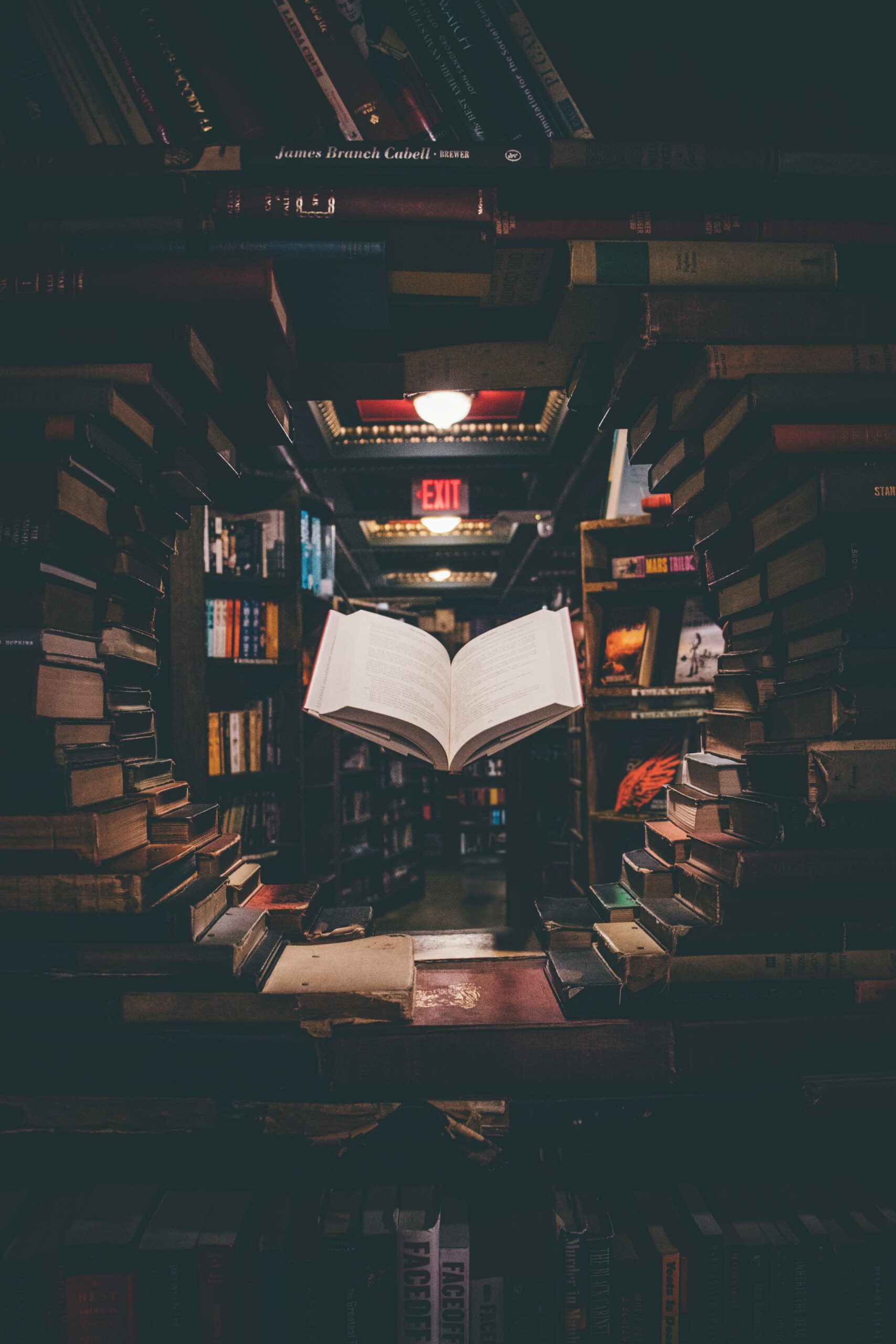As a technical and medical translator my work revolves around accuracy, precision and repetition. There is barely any room for creativity, which is the reason why I have always been fascinated by literary translators. How does their thought process work? How do they make crucial terminology decisions? How do they navigate tricky sentence constructions?
My curiosity led me to my first literary contribution to ATA’s German Language Division. I volunteered to interview Philip Boehm after he won the Ungar award in 2023 for translating Darkness at Noon (Sonnenfinsternis), a novel by the Hungarian author Arthur Koestler. Research on the fascinating author and the even more fascinating translator made me realize that literary translation requires a unique skillset.
Interviewing Philip Boehm confirmed this fact: an award-winning playwright, theatre director and translator, Philip focusses on reproducing the rhythm and voice of the source text in the target language. As a theatre director, he knows the importance of keeping the text alive and preserving its energy as it moves from one culture to the other. I realized there is a lot more going on than just transfer of words from one language to another; a literary translator is transferring thoughts, emotions, ideas and moods.
My respect for literary translators rose and so did my curiosity. My work in the technical domain seldom allows me to experience the creative high literary translation offers and I was determined to find out how these translators do what they do. The easiest way was by reading more translated books because a translator, be it literary or non-literary, is primarily a passionate reader. Then again, finding good book translations is like finding a needle in a haystack.
ATA’s Ungar award solved this problem for me. As an ATA member, I could volunteer as a reader for the ATA Ungar German Translation Award. In the past, it was difficult for ATA members living overseas to volunteer as hard copies of the books had to be sent to the readers. The cost of postage and time taken to deliver the books made the whole experience tedious. This year, however, soft copies of the shortlisted books and excerpts in source language were emailed to volunteers along with an online google form to record responses.
I could choose from a whole range of translated books with their German excerpts: a veritable goldmine for me because I live in India and have limited exposure to German literature. The poems, novels and non-fiction books I chose introduced me to translation styles hitherto unknown to me. Particularly notable was the translator’s voice, which made its presence felt alongside the original author’s voice — not as a chatter but as a symphony.
Reading some excellent translations has positively influenced my work as a technical and medical translator; I am now paying more attention to the overall rhythm and tone of the text and seeing how best I can replicate it. It has even opened the vast world of German literature which was almost inaccessible to me till now. I am looking forward to the next Ungar awards to see what the German to English literary translation world is up to.
Freelance translator and content writer.
I translate technical and medical texts from German into English. I write on topics related to science, technology and translation for ATA’s Science and Technology division and German Language division.

